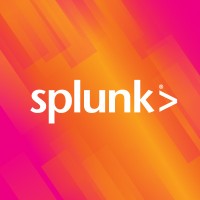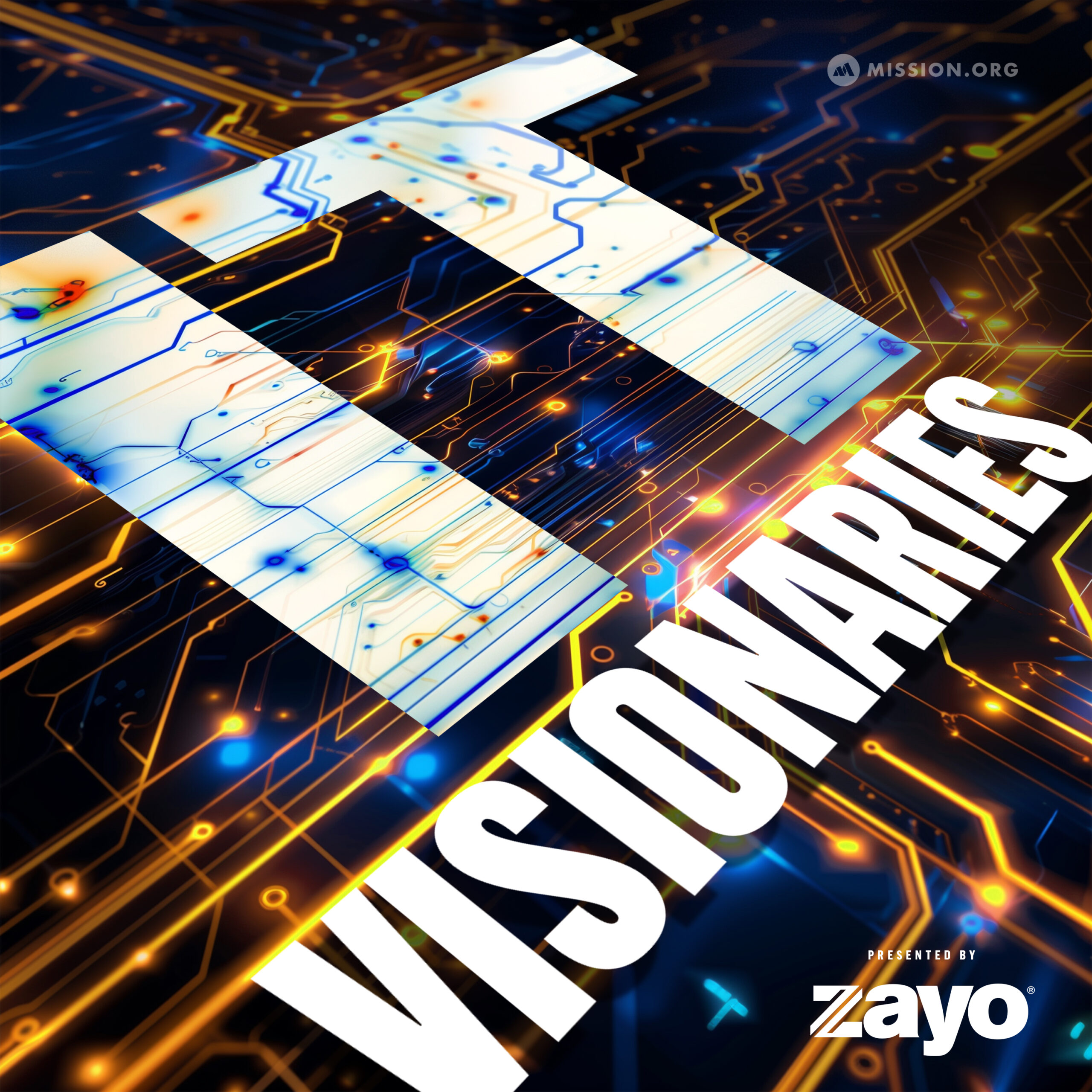Blockchain will improve security, increase efficiency, and lead to new business models for enterprises, Nate McKervey believes this deeply. Nate is the head of blockchain and DLT at Splunk, and he spends his time helping enterprises gain insights and success when adopting this new technology.
But that’s just the beginning of the blockchain story. On this special episode of IT Visionaries hosted by Mission CEO Chad Grills, Nate explains how our lives will change thanks to blockchain and cryptocurrency. Whether it’s creating a ledger system that transforms a food recall process, from one that takes days, to one that takes seconds or moving to the tokenization of objects, which could increase the world’s GDP by huge orders of magnitude, there are exciting innovations happening, and Nate has the details on them all.
Key Takeaways:
- Building trust in data
- Where you can deploy blockchain
- The future of blockchain and cryptocurrencies
Nate’s start
Early in his career, Nate worked for Harris Corporation using and interpreting data to troubleshoot and keep systems running. During that time, he recognized that the data he was collecting and interpreting could be used for so much more. That realization led him to want to pursue a career that would allow him to do more with data in new and exciting ways. He landed at Splunk and has been working his way up the ladder since 2012.
Trust in data
Working on the blockchain, as Nate does with Splunk, ensures that you are building trust with customers. If you are making decisions based on data, it’s important that you and your customers know that data is safe, secure and has not been tampered with. By posting it on a blockchain ledger, you provide transparency in every step of the data-gathering and decision-making process.
“Blockchain is just a ledger that enables trust. So what it does is it allows participants that don’t trust each other to share information in a way that can be agreed upon. So what’s different about a blockchain ledger versus other ledgers is that a blockchain ledger has three key attributes. It’s immutable, distributed and decentralized.”
Where blockchain is being deployed
The trust gap is a huge problem, but still not widely known. Nate says it’s similar to how people didn’t truly understand how wide the knowledge gap was until we started to close it with the internet and connectivity. So closing the trust gap could have a major impact in a similar way. From financial services to telecommunication, blockchain is and will be used to build more trust in the data being used to propel those industries forward more efficiently.
“No matter what organization or enterprise you are, you have various back-office systems, you have CRM systems, you have contracts that you do with your partners and vendors and everyone is keeping their own copy of this data. And then when there is a disagreement, you have to reconcile with these other companies. And so it’s very inefficient and expensive to have to reconcile with your partners, your customers, your vendors, your competitors. But if everyone uses a distributed ledger, they can increase business efficiency.”
“The longterm effect of blockchain technology will be a new business model. But in the medium term, it’s around these increased business efficiencies.”
What does the future look like?
In terms of banking, Nate believes that being unbanked will become more popular thanks to things like blockchain and cryptocurrencies. The question is how will governments get involved. They have to strike the right balance between keeping regulations light enough to still allow innovation, but tight enough to protect consumers.
Nate also touches on how tokenization can change the way people invest. They will be able to invest in things other than just companies. For example, if you buy a house and tokenize it, you can sell a certain portion of the house you own, the person who buys interests in your house can reap rewards if you sell your house for a profit.
Ultimately, the future is going to be all about trust in data and the ability to control what is most important to you. That means putting your medical records on the blockchain so that you always have access. It also means being able to revoke access to certain things that the people you’re interacting with can’t see your data. For example your social security number, or your home address or whatever else is sensitive to you.
“In the future, it’s possible that many things will be tokenized. So if you look at when the soft market was created, it increased the world’s GDP by orders of magnitude by allowing individuals and organizations to invest in companies. Well with Tokenization, you will be able to invest in more than just companies….And not only will we be able to invest in more assets across the world, but more people will be able to invest because those 2 billion unbanked people could own a hundred thousands of a percent of a piece of property even. And that could have the same impact the stock market did over a hundred years ago in increasing world GDP.”
“Since trust is diminishing and people are caring more about privacy, I think they really want to be in control of their own data. We don’t want our data to be in a centralized database that can be hacked or have our information sold without us getting any of the benefits. And recently I moved and I had to update my address so many places, from bank accounts to cell phone provider and I was just thinking about all the places my information is stored on other people’s computers and I don’t know what they even know about me. Instead, my data should be shared in a secure way across many distributed servers and I should be able to grant and revoke access to those that I have determined need it.”
Preparing for a world where blockchain and cryptocurrencies are prevalent
The job market for crypto and blockchain is one of the fastest-growing in the world. To ensure that there are people to fill these jobs, the education system has had to play catch-up. More top-tier schools have introduced crypto and blockchain programs, and online courses to learn the technology and it has been cropping up with much more frequency.




